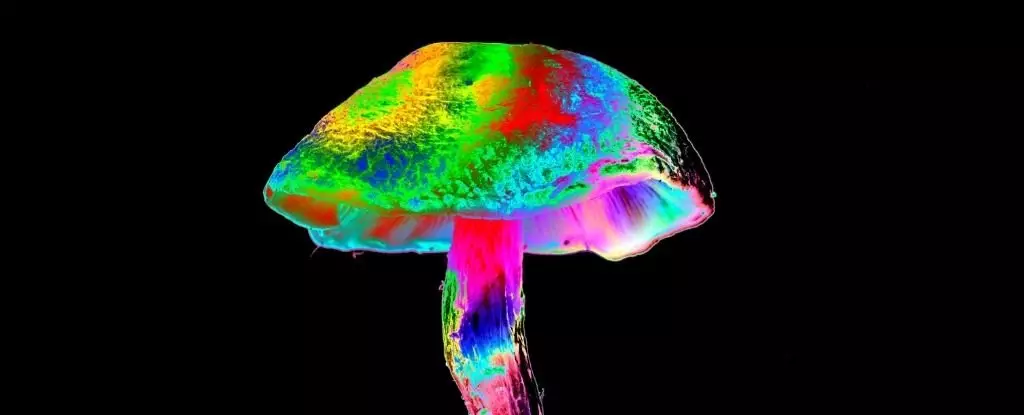Psychedelics have been gaining popularity within scientific communities and among the general public due to their potential therapeutic benefits. These powerful substances have the ability to alter perception, mood, and various mental processes. However, when it comes to individuals with personality disorders, using psychedelics may pose certain risks that need to be carefully considered.
A recent study conducted by researchers at Imperial College London aimed to explore the complex relationship between psychedelics and mental health, with a specific focus on personality disorders. The study collected self-reported data from 807 individuals who had used psychedelics in different settings, ranging from recreational to therapeutic. Researchers measured participants’ mental wellbeing before and after using psychedelics using the Warwick-Edinburgh mental wellbeing scale.
The study found that only 16% of all participants reported a negative response to psychedelics. Interestingly, 31% of these negative experiences came from individuals with a history of personality disorders. While these findings are significant, it is important to acknowledge the limitations of the study. Factors such as reliance on self-reported data, a small participant pool, a high dropout rate, and the absence of a control group could have impacted the results.
Individuals with different types of personality disorders may respond to psychedelics in varying ways. For example, those with histrionic personality disorder or borderline personality disorder may experience heightened emotional instability, while individuals with schizotypal personality disorder may become more paranoid. Furthermore, individuals with narcissistic personality disorder may struggle with the self-reflective nature of psychedelics, given their difficulty in handling criticism.
Despite the limitations of the study, it is crucial to recognize the potential benefits of psychedelics for mental health. Moving forward, it is essential to conduct more rigorous research, such as controlled trials comparing psychedelics to standard treatments or placebos. Additionally, professional evaluation should be used to verify personality disorders, rather than relying solely on self-reports. Standardizing psychedelic doses is also important to accurately assess their therapeutic effects.
The interaction between psychedelics and personality disorders is a complex and multifaceted issue that requires careful consideration. While psychedelics hold promise for mental health treatment, their use must be approached with caution, especially when dealing with individuals with personality disorders. By addressing the limitations of existing research and refining psychedelic therapy practices, we can work towards making the use of psychedelics safer and more effective for all individuals.


Leave a Reply